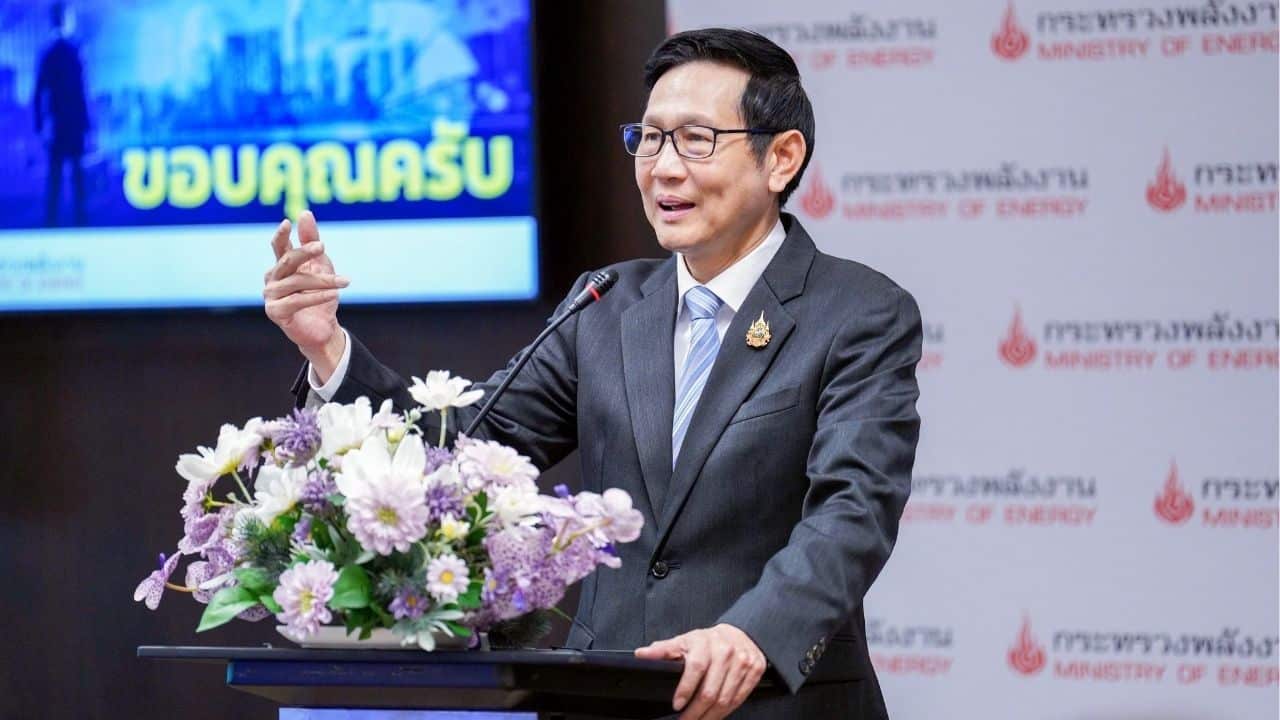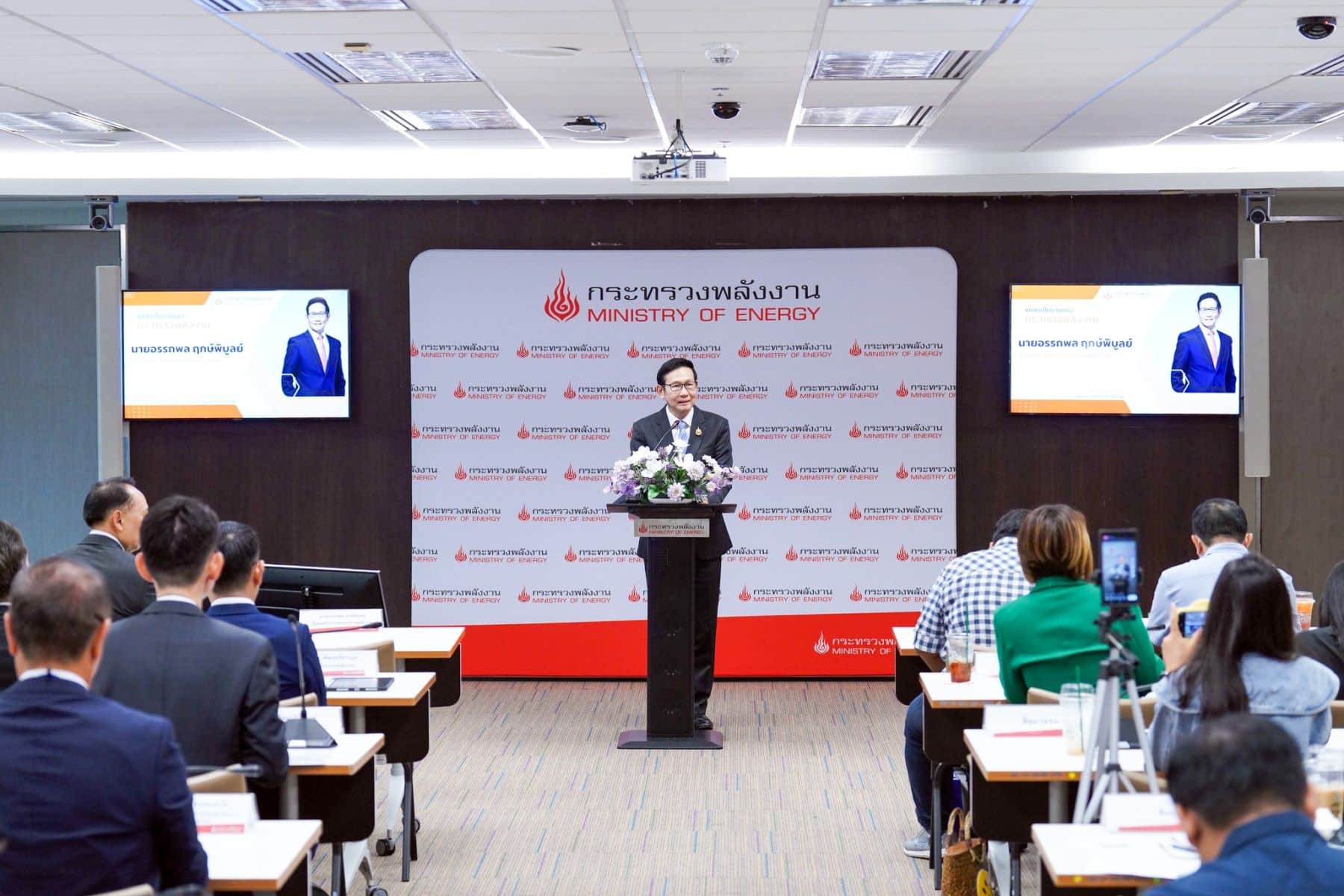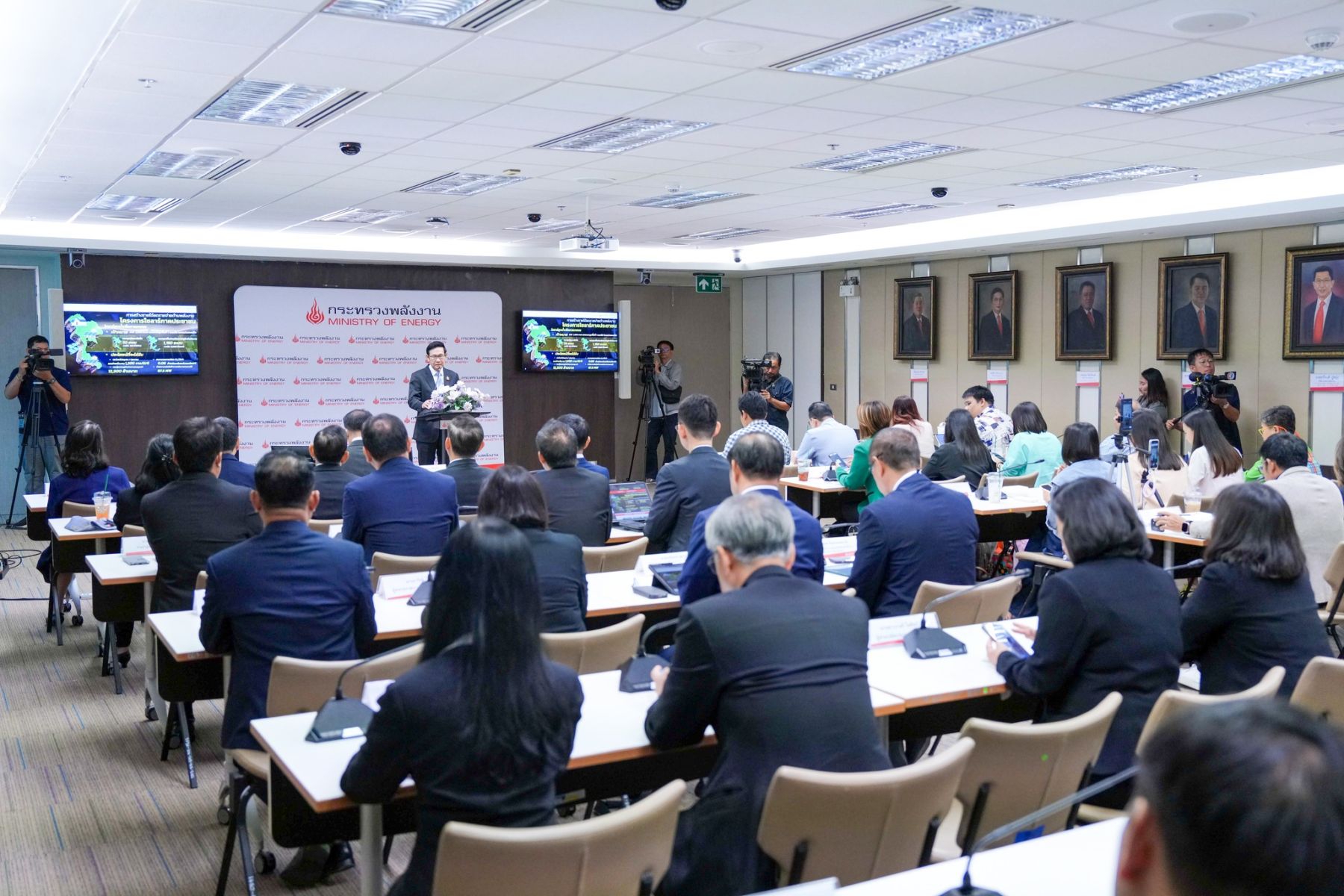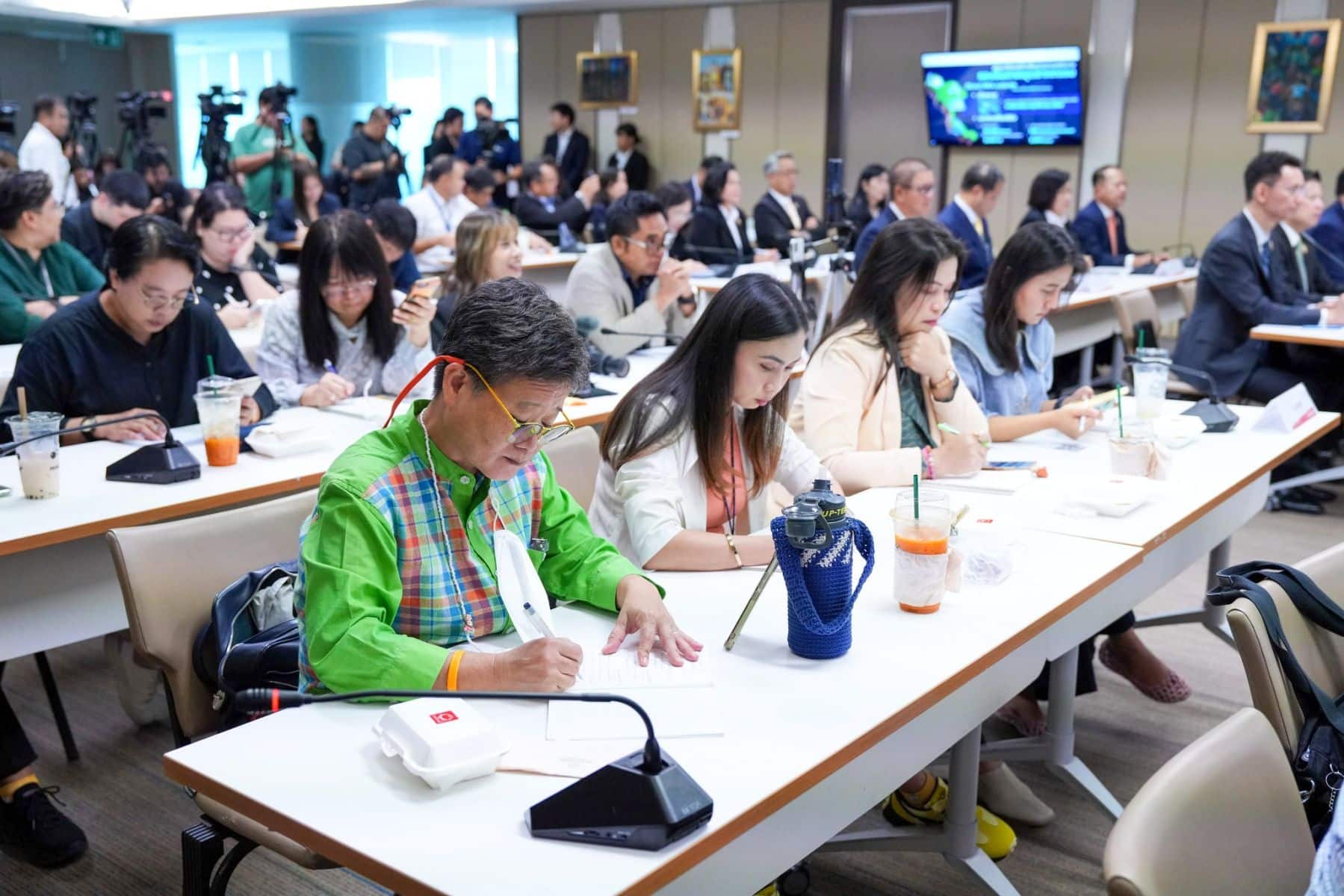Thailand bets big on solar to fast-track net-zero goal
Campaign aims to cut carbon and boost job creation nationwide

The Energy Ministry has unveiled an ambitious 720-billion-baht investment drive to accelerate Thailand’s transition to clean energy, aiming to hit net-zero emissions by 2050, 15 years ahead of its previous target.
Part of the government’s Quick Big Win campaign, the initiative prioritises solar power, carbon capture storage (CCS), and economic revitalisation. Energy Minister Auttapol Rerkpiboon said that the campaign will not only reduce carbon dioxide emissions by 10 million tonnes annually but also create 16,000 jobs nationwide.
“This is a significant move to reposition Thailand as a low-carbon economy. We’re fast-tracking action to meet global climate demands while stimulating domestic investment.”
Under the plan, farmers will benefit from solar-powered water pumps across 700,000 rai of farmland, while households are being encouraged to embrace rooftop solar. Tax incentives are being offered to 90,000 homes to make installations more accessible. Meanwhile, public-private partnerships will be promoted to establish solar farms that sell electricity directly to the government.

One of the most high-profile developments involves the Electricity Generating Authority of Thailand (EGAT) fast-tracking floating solar farms at key dams: Bhumibol, Vajiralongkorn, and Srinagarind, expanding large-scale renewable capacity.
Carbon capture also plays a vital role in the strategy. The ministry is planning a staggering 540-billion-baht investment in CCS technology to help industries curb emissions at the source.
A landmark pilot project is also due to launch next month: a direct power purchase agreement (PPA) scheme allowing clean energy producers to sell electricity straight to end-users, particularly data centres. This initial 65-billion-baht investment will support 2 gigawatts of green generation, according to Bangkok Post.

Although Thailand still prohibits peer-to-peer renewable energy trading, Auttapol noted that international tech firms, especially those establishing data centres, are increasingly demanding sustainable power sources, an opportunity the country must seize.
“This will not only support foreign investment but also shift our industrial backbone to cleaner energy.”

In tandem, the ministry is revising its national Power Development Plan to place a stronger emphasis on renewables, ensuring long-term alignment with global environmental commitments and positioning Thailand as a regional leader in clean energy transformation.
Latest Thailand News
Follow The Thaiger on Google News:


























